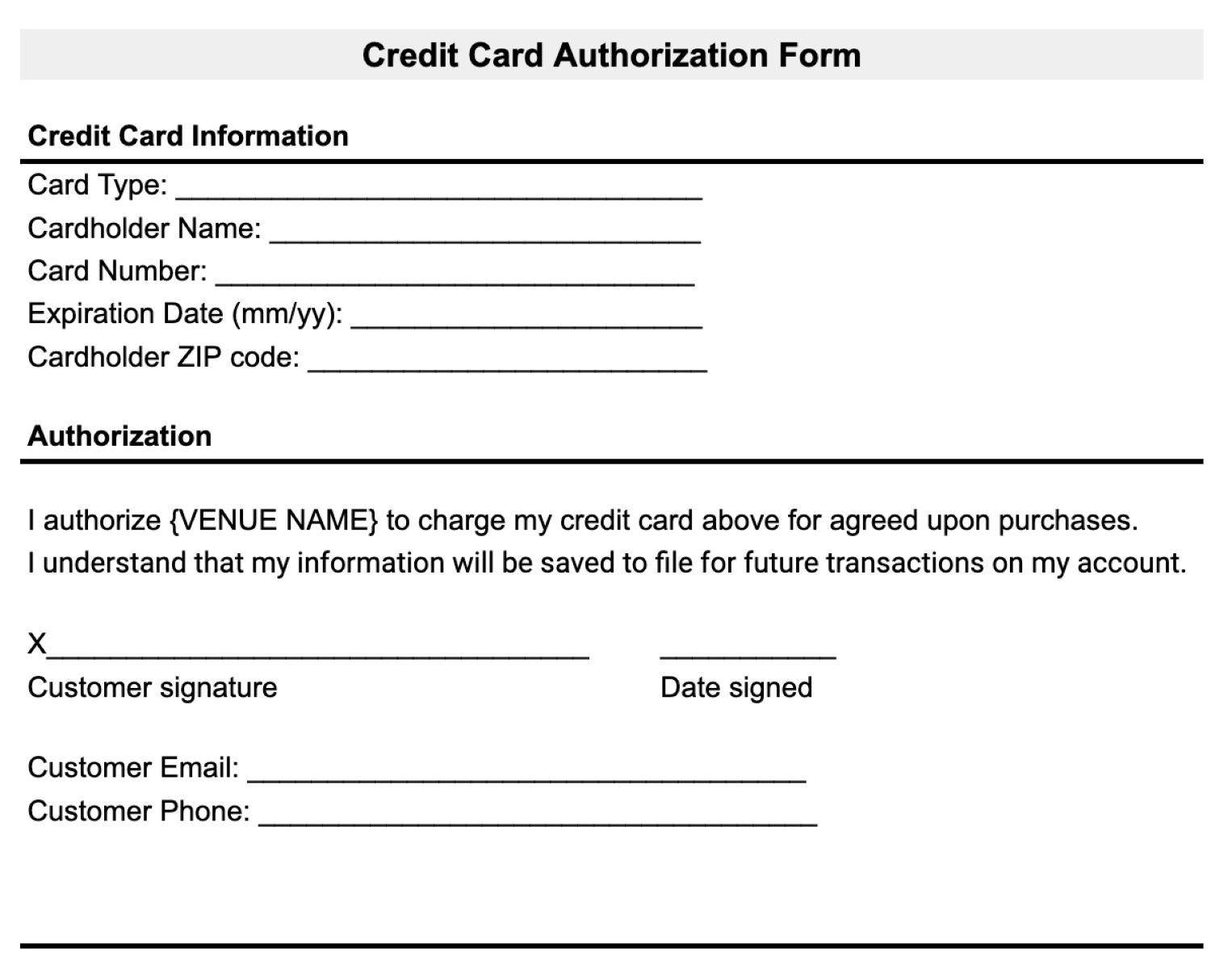

Finance
Why Don’t Sellers Like FHA Loans?
Published: February 18, 2024
Learn why sellers may be hesitant about FHA loans and how it can impact your home buying experience. Discover the finance options available to make your dream home a reality.
(Many of the links in this article redirect to a specific reviewed product. Your purchase of these products through affiliate links helps to generate commission for LiveWell, at no extra cost. Learn more)
Table of Contents
Introduction
Understanding the Seller’s Perspective on FHA Loans
When it comes to purchasing a home, securing the right financing is crucial for both buyers and sellers. While Federal Housing Administration (FHA) loans offer numerous benefits to homebuyers, they are not always favored by sellers. Understanding why sellers may be hesitant to accept offers with FHA financing is essential for both buyers and real estate professionals.
FHA loans are designed to assist homebuyers with low down payments and less-than-perfect credit scores, making homeownership more accessible for a broader range of individuals. However, from the seller's viewpoint, these loans can present certain challenges and potential drawbacks. By delving into the intricacies of FHA loans and exploring the concerns sellers may have, we can gain valuable insights into this aspect of the real estate market.
In this article, we will examine the reasons why sellers may be cautious when considering offers backed by FHA loans. From the additional requirements and potential delays associated with FHA loans to the specific appraisal concerns that sellers often encounter, we will shed light on the seller's perspective in the FHA loan process. By the end of this exploration, readers will have a comprehensive understanding of the factors that contribute to sellers' reservations about FHA loans and how these insights can inform their real estate decisions.
What is an FHA Loan?
An FHA loan is a mortgage insured by the Federal Housing Administration, a part of the U.S. Department of Housing and Urban Development. These loans are popular among first-time homebuyers and those with limited financial resources, as they offer more flexible qualification requirements compared to conventional mortgages. One of the primary attractions of FHA loans is the relatively low down payment, which can be as low as 3.5% of the purchase price. This feature makes homeownership attainable for individuals who may not have substantial savings for a traditional down payment.
FHA loans also accommodate borrowers with lower credit scores, as they are more lenient in this regard compared to conventional loans. The FHA sets guidelines for the loan approval process, including credit score requirements, debt-to-income ratios, and other financial criteria. This accessibility to financing is a significant advantage for many prospective homebuyers who may not meet the stringent standards of conventional mortgage lenders.
It’s important to note that FHA loans are not directly provided by the FHA but are instead offered by approved lenders, such as banks and mortgage companies. The FHA’s role is to insure the loan, providing a level of protection for the lender in case the borrower defaults on the mortgage. This insurance encourages lenders to extend loans to borrowers who might not qualify for conventional financing, thereby promoting broader access to homeownership.
While FHA loans offer distinct advantages for buyers, it’s essential to recognize the potential implications from the seller’s perspective. The unique characteristics of FHA loans can influence sellers’ decisions and preferences when evaluating offers on their properties.
The Downside for Sellers
From a seller’s standpoint, accepting an offer backed by an FHA loan may present certain challenges and drawbacks. One of the primary concerns for sellers is the condition of the property. FHA loans require adherence to specific property standards, and the property must meet certain criteria to be eligible for financing. Sellers may find themselves responsible for addressing any issues that could hinder the property’s FHA approval, potentially requiring repairs or improvements to bring the home up to the required standards.
Furthermore, sellers may encounter delays in the closing process when dealing with FHA loans. The appraisal and inspection requirements for FHA loans can lead to longer processing times, which may not align with a seller’s desired timeline for completing the sale. These delays can be particularly frustrating in situations where sellers are under pressure to sell promptly or when they have multiple offers to consider.
Another aspect that sellers may find challenging is the perceived risk of the buyer’s financial situation. While FHA loans offer accessible financing options, sellers may be wary of potential issues related to the buyer’s credit history and financial stability. This wariness can stem from concerns about the likelihood of the loan closing successfully and the potential for complications during the transaction.
Additionally, sellers may feel restricted in negotiating the terms of the sale when dealing with FHA loans. The appraisal and property condition requirements can limit the flexibility in pricing negotiations, as certain repairs or improvements may be mandated for the loan to proceed. This can impact the seller’s ability to reach mutually agreeable terms with the buyer, leading to a less favorable selling experience.
Understanding these potential downsides from the seller’s perspective is crucial for both buyers and real estate professionals. By acknowledging these considerations, buyers can approach offers with greater awareness of the seller’s concerns, while sellers can make informed decisions when evaluating offers involving FHA financing.
Additional Requirements and Delays
When sellers contemplate offers backed by FHA loans, they often encounter additional requirements and potential delays that can impact the selling process. One notable aspect is the stringent property condition standards mandated by FHA loans. These standards are designed to ensure that the property is safe, structurally sound, and free from hazards, thereby safeguarding the interests of the buyer and the FHA-insured lender. While these requirements aim to protect the buyer’s investment, sellers may find themselves responsible for addressing any deficiencies identified during the appraisal or inspection process.
Addressing these property condition issues can lead to unexpected expenses and logistical challenges for sellers. Whether it involves repairing a faulty roof, addressing electrical or plumbing concerns, or rectifying structural deficiencies, sellers may need to invest time and resources into preparing the property for FHA approval. These additional requirements can introduce complexities into the selling process, potentially affecting the seller’s overall experience and financial considerations.
Moreover, the appraisal process associated with FHA loans can contribute to delays in finalizing the sale. FHA appraisals involve a thorough assessment of the property to ensure that it meets the FHA’s standards and provides adequate collateral for the loan. The appraisal timeline, coupled with the potential need for property repairs, can extend the overall duration of the transaction. Sellers who are eager to expedite the sale or who have specific timelines in mind may find these delays to be a significant drawback when considering offers with FHA financing.
For sellers, navigating these additional requirements and potential delays requires careful consideration and proactive planning. Understanding the implications of FHA loan-related processes can empower sellers to make informed decisions and effectively manage their expectations throughout the selling journey.
Appraisal Concerns
Appraisals play a pivotal role in real estate transactions, and sellers faced with offers backed by FHA loans often encounter specific appraisal concerns that influence their decision-making process. FHA appraisals are structured to assess both the property’s value and its compliance with FHA standards, which can differ from the criteria used in conventional appraisals. Sellers may find that these distinct appraisal requirements pose challenges and considerations that impact their selling experience.
One notable aspect of FHA appraisals is the emphasis on property condition and safety. Appraisers conducting FHA appraisals are tasked with identifying any deficiencies that could compromise the habitability or structural integrity of the property. Sellers may be confronted with the need to address these deficiencies to satisfy the FHA’s standards, potentially leading to unexpected costs and delays in finalizing the sale.
Furthermore, the appraised value of the property can influence the negotiation process between the buyer and seller. If the FHA appraisal results in a value that is lower than the agreed-upon purchase price, sellers may face challenges in reconciling the disparity. This situation can impact the buyer’s financing options and the terms of the sale, prompting sellers to reconsider their position and potentially renegotiate the terms to align with the appraised value.
From a seller’s perspective, the appraisal concerns associated with FHA loans underscore the importance of understanding the intricacies of the appraisal process and its potential implications. Sellers must be prepared to address any property-related issues identified during the appraisal, navigate potential discrepancies in appraised value, and adapt to the unique dynamics that arise when FHA financing is involved.
By recognizing these appraisal concerns, sellers can approach offers backed by FHA loans with a comprehensive understanding of the appraisal process and its impact on the selling transaction. This awareness empowers sellers to make informed decisions and effectively navigate the complexities associated with FHA appraisals.
Conclusion
Understanding the seller’s perspective on FHA loans is essential for both buyers and sellers in the real estate market. While FHA loans offer valuable opportunities for homebuyers, sellers often face distinct challenges and considerations when evaluating offers backed by FHA financing. The property condition requirements, potential delays, and specific appraisal concerns associated with FHA loans contribute to sellers’ reservations and influence their decision-making process.
From the seller’s viewpoint, FHA loans can introduce additional requirements that may necessitate property improvements and repairs, impacting the selling timeline and financial considerations. The stringent appraisal process and its implications for the property’s value further underscore the complexities that sellers encounter when navigating offers with FHA financing.
By shedding light on the downsides, additional requirements, and appraisal concerns for sellers, this exploration provides valuable insights into the seller’s perspective on FHA loans. Sellers can leverage this understanding to make informed decisions, effectively manage the selling process, and navigate the intricacies associated with offers backed by FHA financing.
For buyers and real estate professionals, recognizing the seller’s concerns and considerations related to FHA loans fosters a deeper understanding of the dynamics at play in real estate transactions. This awareness can inform strategic approaches to offers, negotiations, and the overall buying process, ultimately contributing to more informed and successful real estate transactions for all parties involved.
By acknowledging the seller’s viewpoint on FHA loans and the associated challenges, buyers and sellers can cultivate a more collaborative and informed real estate environment, fostering mutually beneficial outcomes and a deeper appreciation for the multifaceted dynamics of the real estate market.














